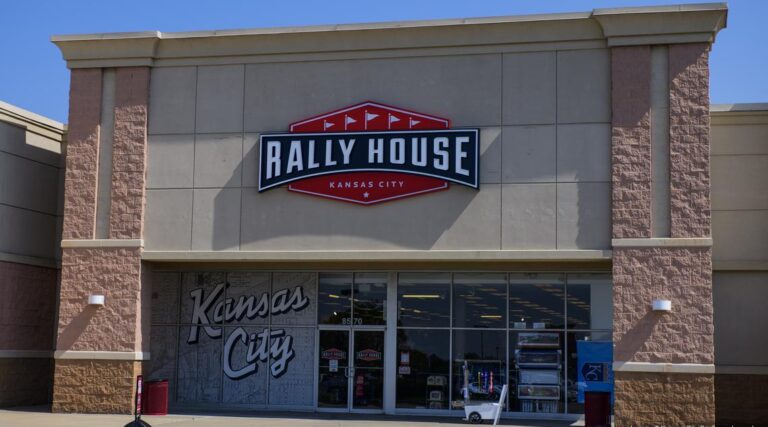Navigating the Complexities of Alcohol Licensing for Business Owners
Key Takeaways
- Understanding the types and processes of alcohol licensing is vital for hospitality businesses.
- Legal obligations extend beyond obtaining a license to ongoing compliance with regulations.
- Alcohol education programs and community responsibility are significant aspects of alcohol licensing.
- Technological advancements can streamline the licensing process and compliance monitoring.
Table of Contents
- Introduction to Alcohol Licensing
- Types of Alcohol Licenses
- The Application Process for Alcohol Licenses
- Legal Obligations and Compliance
- Role of Alcohol Education Programs
- Conclusion: The Importance of Staying Informed and Compliant
Engaging in the world of hospitality embodies not just a passion for service and sociability but also entails adhering to various industry regulations. One such imperative regulation is alcohol licensing, a critical factor for restaurants, bars, and venues looking to offer alcoholic beverages. Obtaining and maintaining a proper alcohol license is more than a formality; it’s a complex process that varies by location and requires diligent compliance to ensure the success and legality of an establishment’s operations.
TABC licensing is essential for those in Texas to ensure that your establishment can legally serve alcohol. Understanding the nuances of the process and the obligations that come with it can make all the difference in operating a reputable business that prioritizes the well-being of its patrons.
Introduction to Alcohol Licensing
Alcohol licensing is a form of quality control, assuring that establishments selling alcoholic beverages comply with health and safety standards. These permits are not just certificates to post on the wall but binding agreements between businesses and regulatory agencies, representing a commitment to responsible alcohol service and distribution. Obtaining these licenses often includes examining the applicant’s business model, committing to laws, and sometimes evaluating their moral character.
Understanding regulatory bodies is a foundational step for any business looking to navigate the maze of alcohol licensing.
Types of Alcohol Licenses
On-Premise Versus Off-Premise Licenses: Restaurants and bars typically require on-premise licenses, enabling them to serve alcoholic beverages consumed within their establishments. Off-premise permits are associated with businesses focused on selling alcohol meant to be enjoyed elsewhere, such as liquor stores or grocery outlets. These licenses’ specific terms and privileges can be distinct, with relevant stipulations outlined by state law.
Special Event and Temporary Permits: The realm of special event permits enters the fold when looking beyond conventional business models. These permits are vitally important for businesses and organizations that wish to serve alcohol at temporary events—often during a day or a weekend. Such licenses are nuanced in their rights, with requirements that may fluctuate based on policy changes, underscoring the importance of staying abreast of local laws and regulations.
The Application Process for Alcohol Licenses
Securing an alcohol license often starts with a detailed application process, which varies from state to state but generally demands a thorough understanding of local laws. The relevant authority typically calls for extensive details about the business and its owners—a process that can present various complexities and necessitate professional guidance or consultation.
A significant pitfall that potential licensees encounter is underestimating the extent of the application process. Each step, including passing health inspections, fulfilling zoning laws, and conducting community notifications, can present unique challenges that require due diligence and meticulous attention to detail. Application fees and other costs can also add up, presenting financial hurdles that must be anticipated and managed.
Anticipating the period for license approval is also vital, given that it might ebb and flow according to the current queue of applications and the thoroughness of one’s paperwork. This period could take a few weeks to several months, and costs vary widely based on jurisdiction and license type. Prospective business owners should be prepared to navigate this process with patience and thoroughness in their application submissions.
Legal Obligations and Compliance
Obtaining an alcohol license is just the onset of a long-term commitment to regulatory compliance. Each state delineates specific laws related to the sale and distribution of alcohol, including training requirements for staff and conditions for maintaining a liquor license. According to The Alcohol and Tobacco Tax and Trade Bureau (TTB), federal laws also play their part, often focusing on the production and distribution of alcoholic beverages across state lines.
Failure to stay within the boundaries of such laws and regulations can lead to an array of penalties or even the revocation of the license itself, putting the business’s operations at severe risk. Ensuring compliance might involve investing in software or systems to monitor and report sales or engaging in regular legal audits to check for any potential violations of state or federal requirements.
Role of Alcohol Education Programs
Many states require specific training for employees selling and serving alcoholic beverages. This training commonly encompasses recognizing the signs of intoxication and understanding the legal implications of serving minors or visibly intoxicated patrons. Participation in alcohol education programs has the consolidated benefits of reducing risks associated with alcohol sales and decreasing liability insurance premiums.
While obligatory in some cases, these programs also provide a proactive approach to equipping staff with the judgment and skills necessary to manage challenging situations, thereby fostering a safer environment for patrons and the establishment. Additionally, they reinforce an establishment’s commitment to responsible business practices and often improve customer trust and satisfaction.
Conclusion: The Importance of Staying Informed and Compliant
Finally, the ever-changing landscape of alcohol legislation necessitates that business owners remain vigilant and informed. A dedicated approach to understanding and adhering to the myriads of laws and regulations not only equates to legal operations but also engenders a foundation of trust and safety within the community, ultimately serving as a cornerstone for the establishment’s success and reputation.







